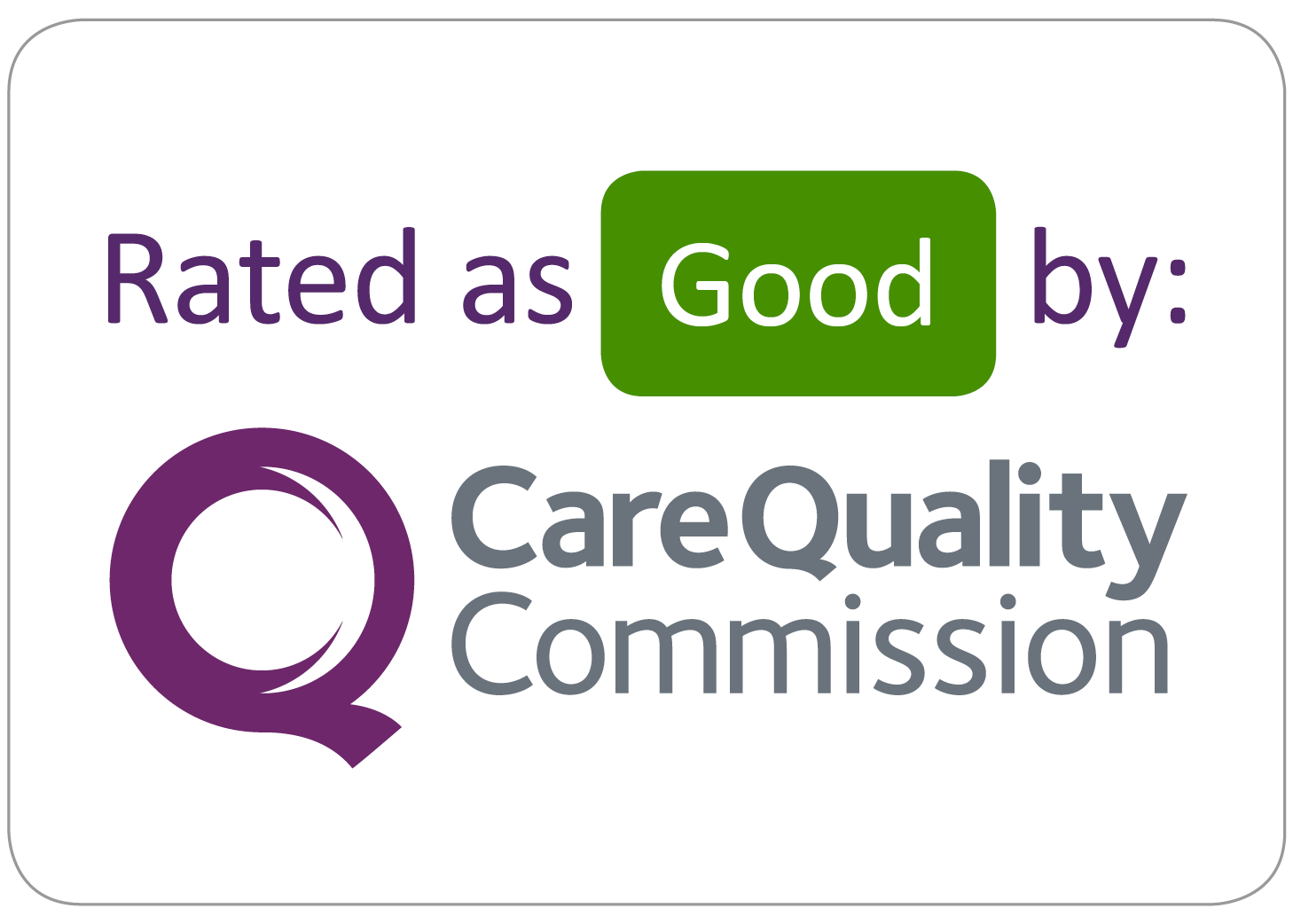What's next
Most women and some men with breast cancer have some type of surgery. Common types of breast surgery are lumpectomy, mastectomy, and taking out removal of lymph nodes from the underarm. Women(and men) who have breast surgery may also decide to have the breast shape rebuilt, either at the same time or later on. This is called breast reconstruction
Care for people diagnosed with cancer does not end when active treatment has finished. Your breast cancer manage any side effects and assess any new concerns or symptoms.
Cancer rehabilitation may be recommended, and this could mean any of a wide range of services, such as physical therapy, career counselling, neurocognitive testing, pain management, nutritional planning, and/or emotional counselling. The goal of rehabilitation is to help people regain control over many aspects of their lives and remain as independent and productive as possible.
Managing long-term and late side effects
Most people expect to experience side effects when receiving treatment. However, it is often surprising to survivors that some side effects may linger beyond the treatment period. These are called long-term side effects. Other side effects called late effects may develop months or even years afterwards. Long-term and late effects can include both physical and emotional changes.
Talk with your doctor about your risk of developing such side effects based on the type of cancer, your individual treatment plan, and your overall health. If you had a treatment known to cause specific late effects, you may have certain physical examinations, scans, or blood tests as part of your follow-up care to help find and manage them.
Long-term effects of surgery
After a mastectomy or lumpectomy to treat early-stage or locally advanced breast cancer, the breast may be scarred and may have a different shape or size than before surgery. Or, the area around the surgical site may become hardened. If lymph nodes were removed as part of the surgery or affected during treatment, lymphedema in the arm, chest wall, or breast may occur, even many years after treatment. This is a life-long risk for survivors.
Long-term effects of radiation therapy
Some survivors experience breathlessness, a dry cough, and/or chest pain 2 to 3 months after finishing radiation therapy. That is because radiation therapy can cause swelling and a hardening or thickening of the lungs called fibrosis. These symptoms may seem similar to the symptoms of pneumonia but do not go away with antibiotics. The symptoms can be treated with medications called steroids. Most people fully recover with treatment. Talk with your doctor if you develop any new symptoms after radiation therapy or if the side effects are not going away.
Long-term effects of trastuzumab and/or chemotherapy
People who received trastuzumab or certain types of chemotherapy called anthracyclines may be at risk of heart problems. Talk with your doctor about the best ways to check for heart problems. Patients treated with chemotherapy also have a risk of other long-term side effects, such as menopausal symptoms, fatigue, chemo-brain, permanent numbness and tingling of the fingers and toes, and weight gain.
Long-term effects of hormonal therapy
Women taking tamoxifen should be aware this drug can slightly increase the risk of uterine cancer. This risk increases with the duration of administration of the hormonal therapy. Tell your doctor or Breast care nurse if you notice any abnormal vaginal bleeding or other new symptoms, as you may need additional tests to learn more about the cause. Women who are taking an AI, such as anastrozole, exemestane, or letrozole, should have a bone density test at the beginning of treatment as these drugs may cause some bone weakness or bone loss.
In addition, women recovering from early-stage or locally advanced breast cancer can have other side effects that may continue after treatment. However, these can often be managed with medications or other options. Women recovering from early-stage or locally advanced breast cancer may also experience the following long-term effects:
- Menopausal symptoms, such as hot flashes
- Joint pain
- Fatigue
- Mood changes
- Depression and anxiety
Vaginal dryness and a lowered sex drive are also common side effects during or after treatment for early-stage and locally advanced breast cancer. Talk with your breast care nurse about these or other sexual health concerns.

















